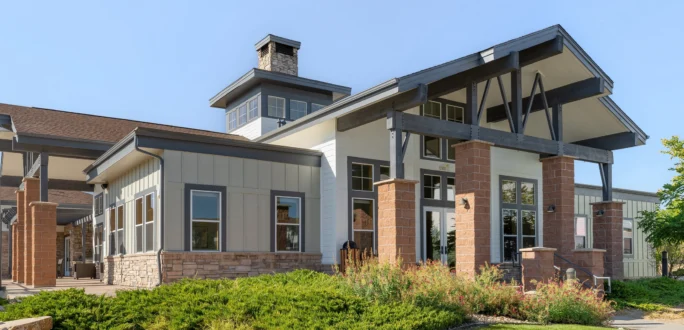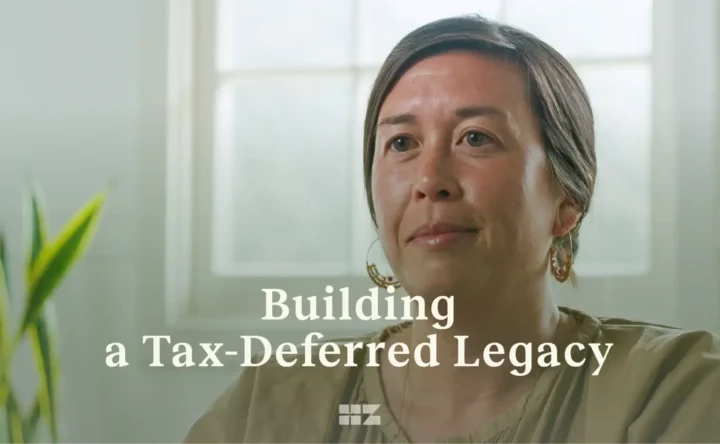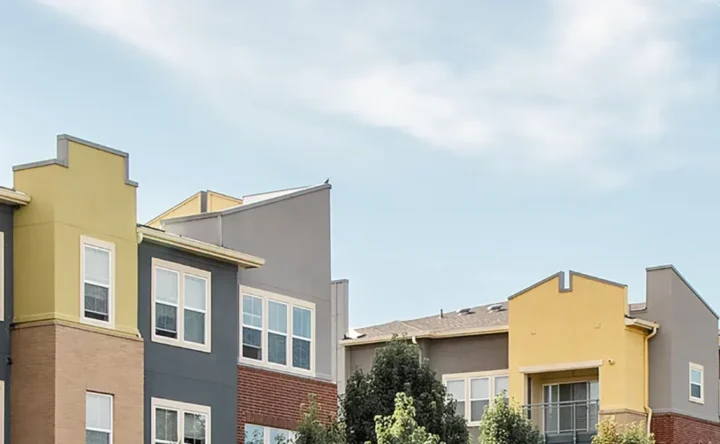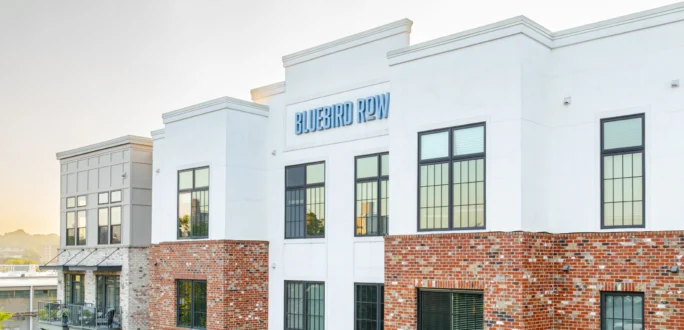
Bonus Depreciation Is Back—What It Means for Multifamily Investors
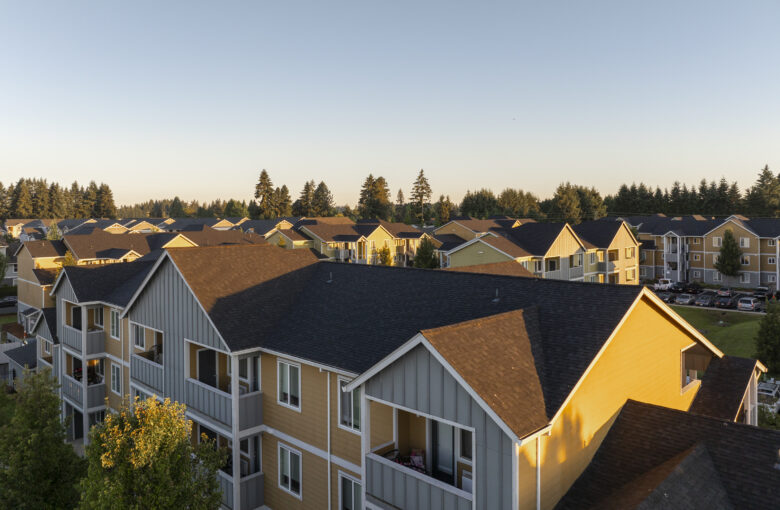
The recently passed “One Big Beautiful Bill” Act has reshaped the tax landscape for commercial real estate. One of its most noteworthy provisions is the restoration of 100% bonus depreciation, a policy that allows investors to immediately deduct the full cost of qualifying assets in the year they’re placed into service.
For multifamily investors, this change reintroduces a valuable tool for enhancing after-tax returns, improving cash flow, and strengthening overall deal economics—especially in a higher-rate environment.
What Is Bonus Depreciation?
Bonus depreciation allows for accelerated tax deductions on qualifying real estate improvements—like interior renovations or certain building components identified through cost segregation. Instead of depreciating these improvements over many years, investors can deduct the full value up front, significantly reducing taxable income in the early years of an investment.
This provision had been phasing out since 2023, reducing its utility. With the new legislation, 100% bonus depreciation is reinstated and made permanent for qualified property acquired and placed in service on or after January 20, 2025.
Why It Matters for Multifamily Investors
Multifamily investments often involve physical upgrades, tenant improvements, and capital expenditures—all of which can benefit from accelerated depreciation strategies. The return of full bonus depreciation may:
- Improve after-tax returns by creating sizable year-one deductions
- Make new acquisitions more attractive by restoring tax-driven cash flow enhancements
- Support long-term tax planning for investors looking to offset passive income or align with estate strategies
While the specific impact will vary depending on deal structure and investor profile, the reinstatement of this policy offers added flexibility and efficiency for those investing in stabilized or value-add multifamily real estate.
A Broader Policy Tailwind
Bonus depreciation wasn’t the only real estate-related measure in the new bill. The legislation also:
- Preserves 1031 exchanges and carried interest treatment
- Makes the 20% Qualified Business Income deduction permanent
- Raises the estate tax exemption to $15 million per individual starting in 2026
- Increases the SALT deduction cap from $10,000 to $40,000 through 2028
- Makes Opportunity Zones permanent with recurring 10-year designation cycles
Together, these provisions reflect a continued policy focus on supporting real asset investment, long-term ownership, and tax-advantaged capital gains planning.
A Strategic Moment for Real Estate
At Hamilton Zanze, we see these changes as a meaningful development for multifamily investors. While our approach remains rooted in long-term fundamentals—strong operations, conservative financing, and geographic diversification—bonus depreciation provides an added layer of tax efficiency that can enhance outcomes.
As always, we encourage investors to consult their tax advisors on how bonus depreciation fits within their personal planning. But for those considering multifamily as part of a diversified portfolio, the policy environment just became significantly more favorable.


